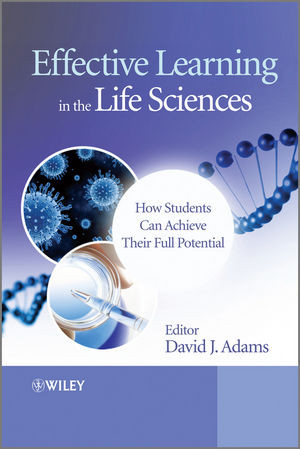

Most ebook files are in PDF format, so you can easily read them using various software such as Foxit Reader or directly on the Google Chrome browser.
Some ebook files are released by publishers in other formats such as .awz, .mobi, .epub, .fb2, etc. You may need to install specific software to read these formats on mobile/PC, such as Calibre.
Please read the tutorial at this link: https://ebookbell.com/faq
We offer FREE conversion to the popular formats you request; however, this may take some time. Therefore, right after payment, please email us, and we will try to provide the service as quickly as possible.
For some exceptional file formats or broken links (if any), please refrain from opening any disputes. Instead, email us first, and we will try to assist within a maximum of 6 hours.
EbookBell Team

4.7
46 reviewsAll of the chapters are written from the perspective both of students and academics and emphasize and embrace effective scientific method throughout. This title also draws on experience from a major project conducted by the Centre for Bioscience, with a wide range of collaborators, designed to identify and implement creative teaching in bioscience laboratories and field settings.
With a strong emphasis on students thinking for themselves and actively learning about their chosen subject Effective Learning in the Life Sciences provides an invaluable guide to making the university experience as effective as possible.Content:
Chapter 1 Creativity (pages 1–24): David J. Adams and Kevin Byron
Chapter 2 Problem Solving – Developing Critical, Evaluative and Analytical Thinking Skills (pages 25–40): Tina L. Overton
Chapter 3 In the Laboratory (pages 41–64): Pauline E. Millican and David J. Adams
Chapter 4 Fieldwork (pages 65–90): Julie Peacock, Julian R. Park and Alice L. Mauchline
Chapter 5 In vivo Work (pages 91–110): David I. Lewis
Chapter 6 Research Projects (pages 111–132): Martin Luck
Chapter 7 Maths and Stats for Biologists (pages 133–149): Dawn Hawkins
Chapter 8 E?Learning for Biologists (pages 151–173): Jo L. Badge, Jon J. A. Scott and Terry J. McAndrew
Chapter 9 Bioethics (pages 175–194): Chris J. R. Willmott
Chapter 10 Assessment, Feedback and Review (pages 195–211): Stephen J. Maw and Paul Orsmond
Chapter 11 Communication in the Biosciences (pages 213–233): Joanna Verran and Maureen M. Dawson
Chapter 12 Bioenterprise (pages 235–256): Lee J. Beniston, David J. Adams and Carol Wakeford